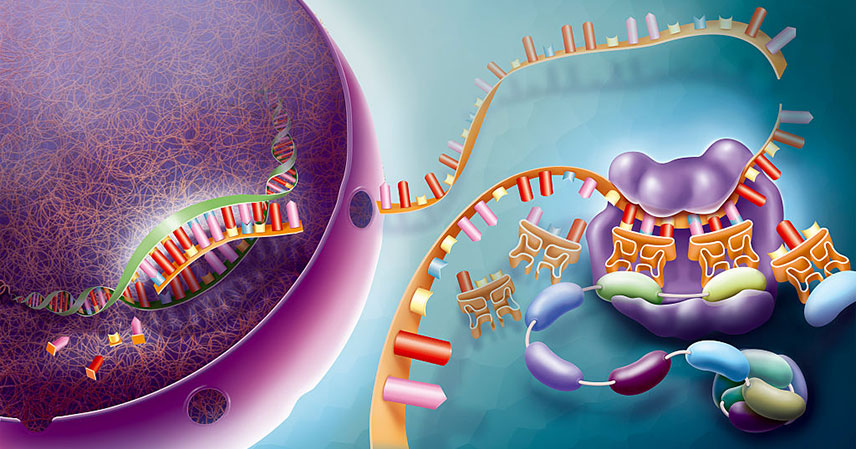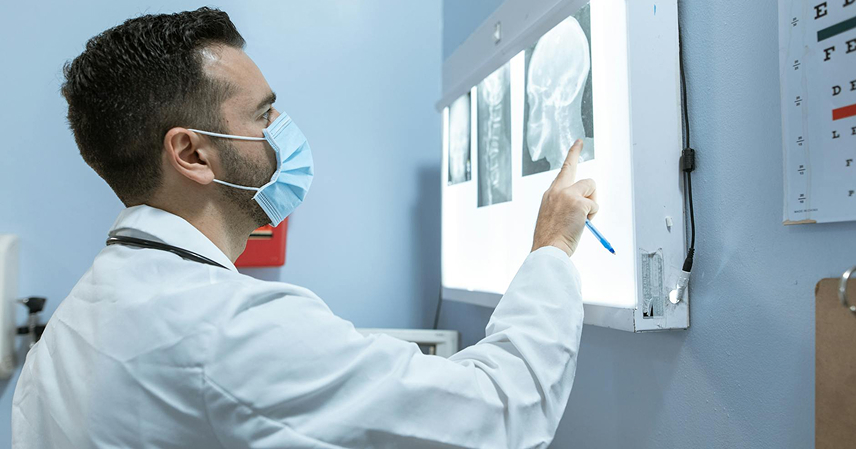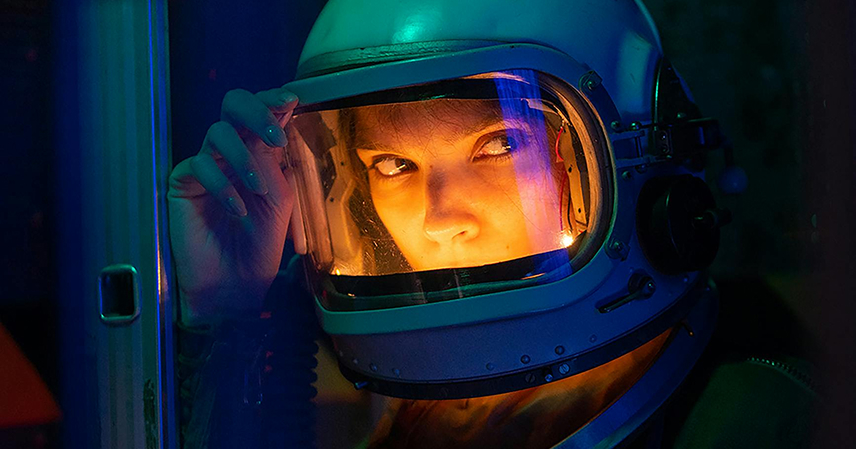Artificial intelligence (AI) is revolutionizing many fields, and biology is no exception. From designing enzymes to break down plastics to creating proteins that neutralize snake venom, AI’s potential seems limitless. But amidst the excitement, it’s crucial to temper expectations. Can AI truly replace traditional biological research, or are we overestimating its capabilities?
A recent study sheds light on this critical question, challenging the notion that AI can effortlessly unravel the complexities of biology simply by analyzing existing data. The results highlight the significant limitations of current AI technology in certain biological domains, prompting a crucial reevaluation of AI’s role in biological research.
What Happened? 📝
Researchers compared several AI software packages designed to predict gene activity in cells under varying conditions. These AI systems were tasked with a seemingly straightforward challenge: predict how active different genes would be when cells are exposed to different environments or stimuli. The surprising outcome? The AI systems performed no better than a much simpler, deliberately rudimentary prediction method.
The Limitations of AI in Biology 🔬
This study underscores a critical point: biology is immensely complex. While AI has proven remarkably successful in specific areas, like protein structure prediction, extrapolating this success to the entire field is a significant oversimplification. Gene regulation, for example, is a multifaceted process influenced by countless interacting factors, far exceeding the capabilities of current AI models to fully comprehend.
The sheer volume of data involved in biological processes is staggering. While AI excels at pattern recognition in large datasets, the intricate interplay of genetic, environmental, and epigenetic factors presents a challenge that requires more than just data analysis. Understanding the underlying biological mechanisms is crucial, and this often necessitates traditional experimental approaches.
Why This Matters 🤔
The implications of this research extend beyond the immediate findings. The overreliance on AI as a panacea for all biological research could lead to a neglect of fundamental experimental work. Funding priorities might shift towards AI-driven approaches, potentially hindering progress in areas where traditional methods are still necessary.
Moreover, the study highlights the importance of rigorous testing and validation of AI models in biology. Simply achieving good results in one specific area doesn’t guarantee success in other areas. Transparency and reproducibility in AI-driven biological research are crucial to ensure reliability and avoid the propagation of inaccurate predictions.
The Role of Traditional Research 🧪
This doesn’t mean AI is irrelevant to biology. On the contrary, AI tools can significantly augment and accelerate biological research. They can analyze large datasets, identify patterns, and generate hypotheses that can then be tested through traditional experiments. The key is to view AI as a powerful tool to complement, not replace, existing methods.
The future of biological research likely lies in a synergistic approach, combining the strengths of AI with the rigor of traditional experimental methods. This integrated approach can unlock new discoveries and accelerate our understanding of the complexities of life.
Key Takeaways 🔑
- AI has shown impressive success in specific areas of biology, but its capabilities are not universally applicable.
- The complexity of biological systems surpasses the current capabilities of AI to fully predict and understand all aspects of biological processes.
- Over-reliance on AI in biology could lead to a neglect of fundamental experimental research and potentially hinder progress.
- A synergistic approach, combining AI with traditional experimental methods, is crucial for advancing biological research.
In conclusion, while AI undoubtedly holds immense potential for revolutionizing biology, it is essential to maintain a balanced perspective. The recent study serves as a timely reminder that the complexities of life cannot be fully deciphered by algorithms alone. A collaborative approach will be key, integrating AI’s strengths with the rigor of traditional research—like the recent discovery of new drug frontiers in millipede secretions—to unlock the next generation of biological breakthroughs.



